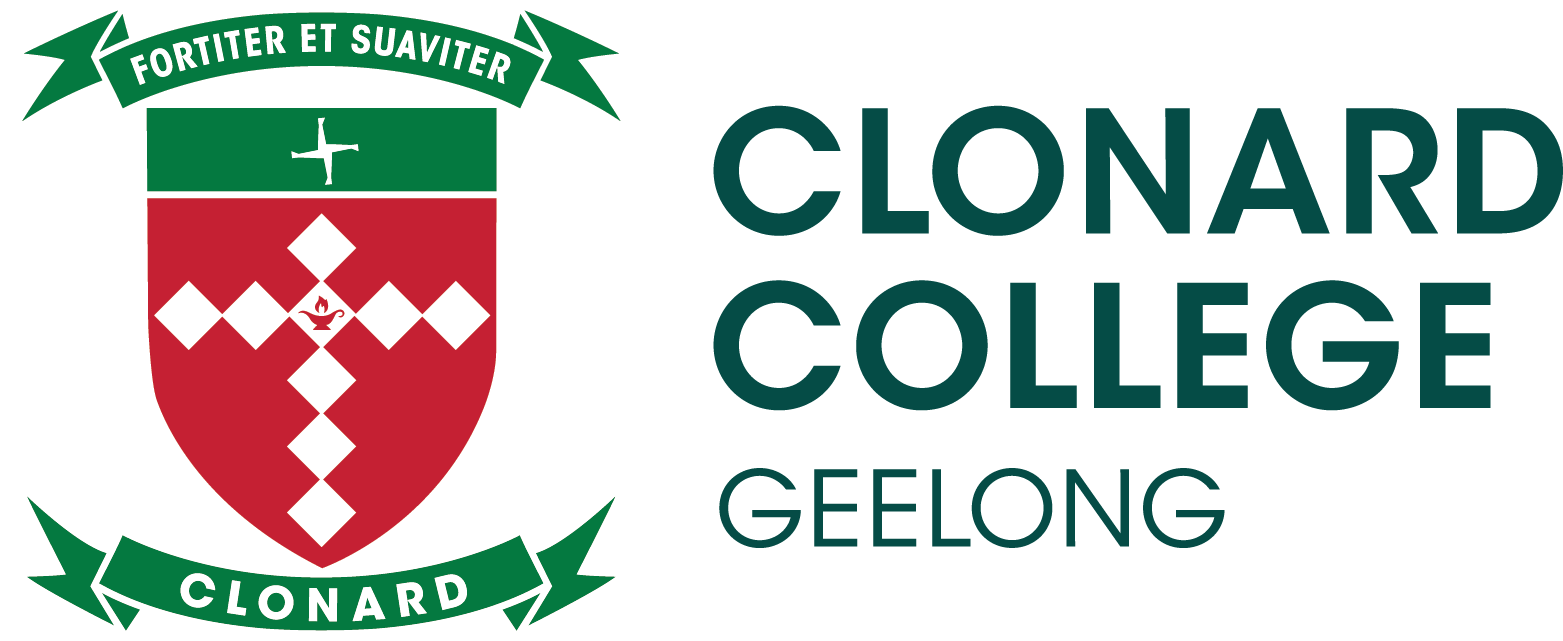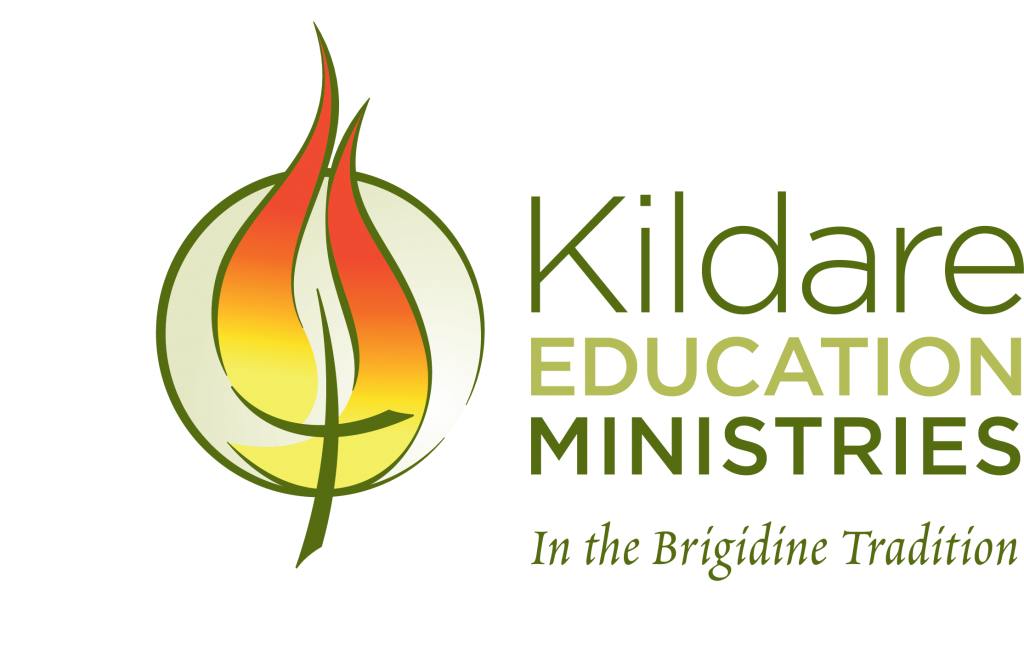What is this subject about?
This course is suited to those students who are interested in theatre, but who do not want to act. It is also suited to people who like acting and who want to know more about what it takes to make a performance.
This subject introduces students to many areas of theatre production, including lighting, sound, theatre technologies, costume, makeup, props, set, publicity and front of house. Students will gain skills in operating the technical equipment in the Theatre and gain experience in working on theatre productions. In addition, students see a professional production and learn how to evaluate the strengths and weaknesses of what they have seen.
What are we going to be studying?
Students will learn the theory and procedures for operating theatre equipment such as the lighting desk, data projector, sound desk and microphones. Students will also research and create costume and makeup designs. The class will take a backstage tour of a working theatre and learn about the different jobs there, including stage manager and arts administrator.
Students will apply their knowledge and skills when they assist with a number of class productions and theatrical performances. In addition, students will attend a professional production and analyse the use of design and acting in the performance. In previous years, classes have gone to see productions such as Storm Boy, 1984 and Hamlet.
Where does this subject go?
Students who study Backstage at Year 10 can also do Drama Production (the other Year 10 elective). In VCE, students can study Theatre Studies, which builds on and develops the skills and knowledge gained in Year 10. The VCE Theatre Studies course does not require students to act. Instead, VCE Theatre Studies students can focus exclusively on design areas such as costume, makeup, set design, sound, lighting, props, theatre technologies, publicity and stage management.
The skills gained in Theatre Studies are useful in the workplace and in future studies. Theatre Studies improves students’ creativity, organisational skills, time-management and confidence. Students also develop their ability to think critically, solve problems and analyse information.
Studying Drama/Theatre Studies can lead to careers such as:
* Makeup artist
* Film maker
* Set designer
* Drama teacher
* Costume designer
* Publicist or advertiser
* Events manager
* Announcer
* Stage manager
* Journalist or arts reviewer
* Artist (e.g. set painter, sculpture, photographer)
* Writer for film, television, theatre, radio
* Film, stage and television director
* Lighting designer/operator
* Sound designer/operator
* Arts administrator
* Education officer with a theatre company, museum, gallery


